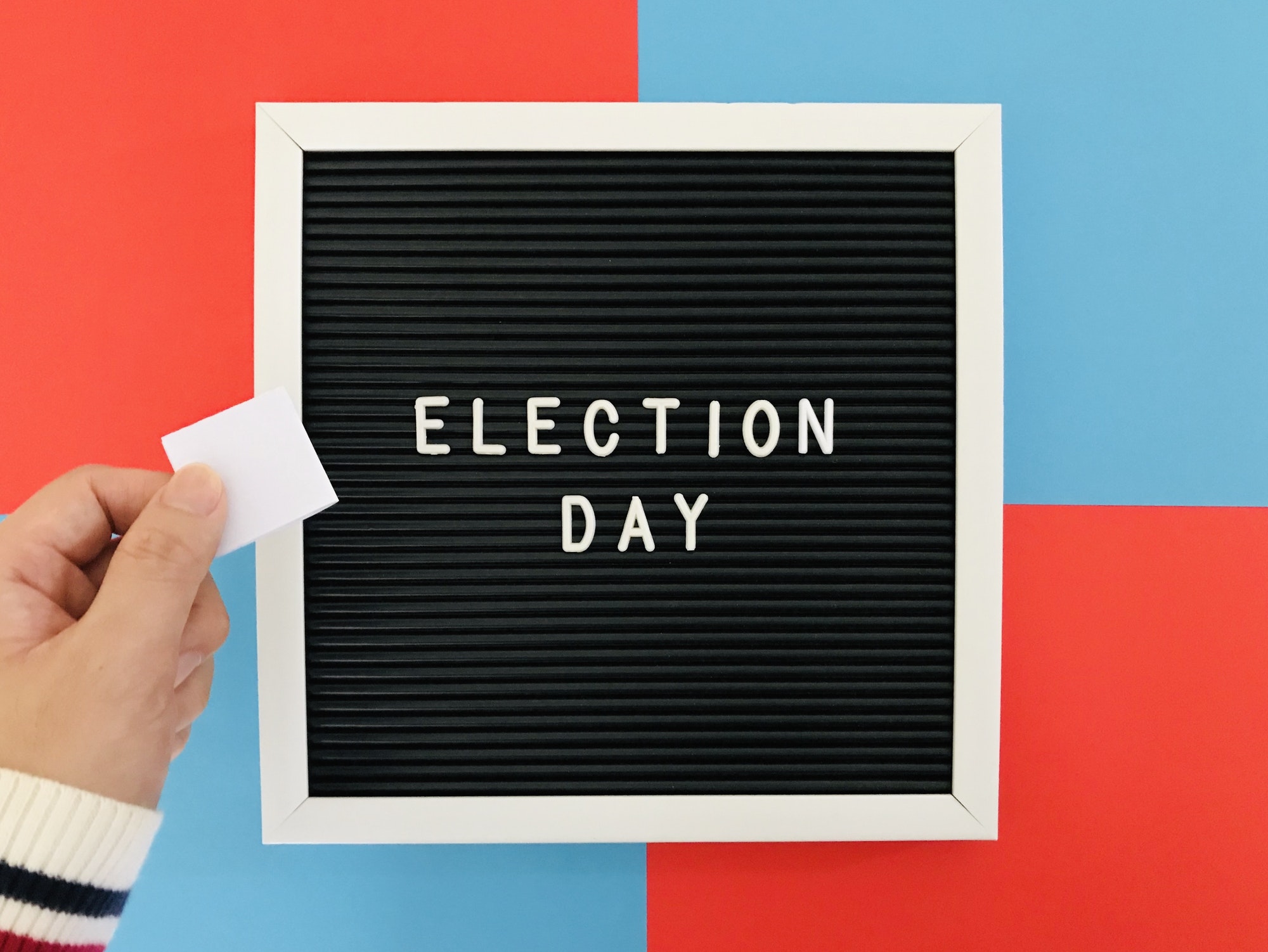Address
33-17, Q Sentral.
2A, Jalan Stesen Sentral 2, Kuala Lumpur Sentral,
50470 Federal Territory of Kuala Lumpur
Contact
+603-2701-3606
info@linkdood.com
Address
33-17, Q Sentral.
2A, Jalan Stesen Sentral 2, Kuala Lumpur Sentral,
50470 Federal Territory of Kuala Lumpur
Contact
+603-2701-3606
info@linkdood.com

Taiwan’s latest elections have revealed a big change in what voters, especially the young ones, care about most. Instead of worrying about threats from China like before, many young Taiwanese are now more focused on economic issues like expensive houses and low wages. This article takes a closer look at how these money matters are changing the game in Taiwan’s politics, especially for the young voters.

A huge problem for a lot of young folks in Taiwan is that buying a house is super expensive, but their salaries aren’t going up. This makes owning a home feel like a distant dream and causes a lot of stress and unhappiness.
It’s also tough for young people to find good jobs that pay well. This isn’t just a problem right now; it makes them worried about their future too.
The DPP has been running things for a while, but people are unhappy because they haven’t really fixed these economic issues. They used to focus more on keeping Taiwan safe from China, but now they’re trying to pay more attention to things like making housing affordable and raising the minimum wage.
The TPP, led by Ko Wen-je, is a new player in politics and is really popular with young voters who are fed up. This party’s practical approach to solving economic problems is winning over a lot of young people.
The youngest voters, who don’t remember much about the old KMT government, aren’t as swayed by the usual talk about Taiwan’s safety from China. Their main focus is on getting by financially, which is a big shift in Taiwan’s political conversations.
Even though keeping Taiwan safe from China is still important, there’s a growing call for the government to also really focus on fixing the economy and coming up with plans to make things better financially.
To wrap it up, the recent elections in Taiwan show that voters, especially the young ones, are now more concerned about economic issues than the threat from China. This shift means that for any political party to win support, especially from younger people, they need to focus on fixing these economic problems.

Q1: Why are young voters in Taiwan now focusing more on economic issues rather than security threats from China?
A1: Young voters in Taiwan are feeling the pinch of economic issues like high housing costs and low wages. These everyday financial struggles are taking priority over traditional concerns about security threats from China.
Q2: What are the main economic challenges faced by Taiwan’s youth?
A2: The biggest challenges include extremely high home prices that make owning a house almost impossible for many, stagnant wages that don’t keep up with living costs, and a tough job market that makes finding stable, well-paying jobs difficult.
Q3: How has the Democratic Progressive Party (DPP) responded to these economic concerns?
A3: The DPP, which used to focus more on Taiwan’s independence and security, is now trying to address these economic issues. They’re looking at ways to make housing more affordable and increase the minimum wage to respond to the public’s concerns.
Q4: What is the Taiwan People’s Party (TPP), and why is it gaining popularity among young voters?
A4: The TPP is a newer political party led by Ko Wen-je. It’s gaining traction with young voters because of its practical approach to tackling economic issues, which aligns with the current concerns of the youth.
Q5: Are national security and relations with China no longer important in Taiwan’s politics?
A5: These issues are still important, but there’s a growing demand for the government to also focus on economic reforms. Young voters want a balance between managing security concerns and improving the economy.
Q6: How is this shift in priorities affecting Taiwan’s political landscape?
A6: This shift is leading to changes in how political parties approach their policies and campaigns. Addressing economic challenges is becoming crucial for gaining support, especially from younger voters, indicating a new direction in Taiwan’s political discussions.
Q7: Will this focus on economic issues impact Taiwan’s foreign policy, especially towards China?
A7: It’s possible. While security will always be a concern, a stronger focus on domestic economic issues might lead to policies that also consider economic relations and trade as important factors in Taiwan’s foreign policy, including its approach towards China.
Sources BBC